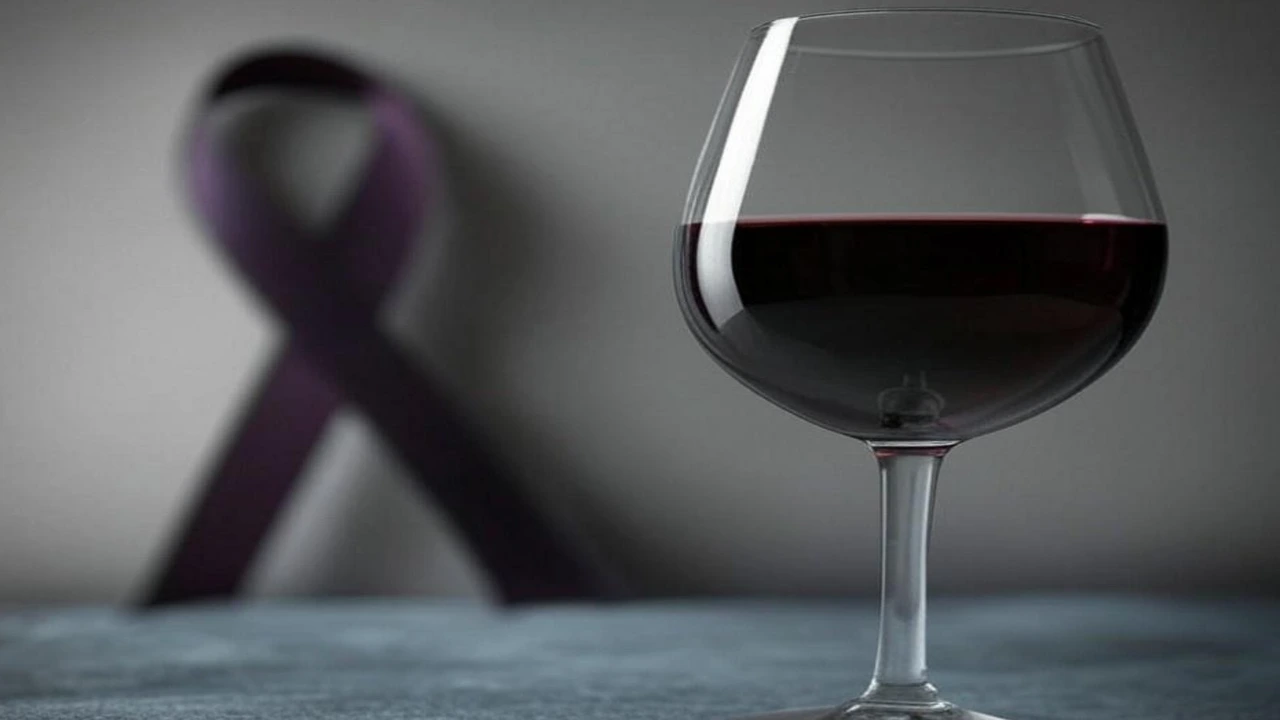Alcohol and Cancer-Recent advisories from U.S. Surgeon General Dr Vivek Murthy have highlighted the significant link between alcohol consumption and an increased risk of cancer. This connection, though established in scientific literature, remains underrecognized by the general public. Dr. Murthy’s call for updated warning labels on alcoholic beverages aims to enhance awareness and encourage informed decision-making regarding alcohol use.
The Link Between Alcohol and Cancer
Alcohol consumption is causally linked to several types of cancer, including:
Breast Cancer: Alcohol can increase estrogen levels, leading to a higher risk of breast cancer in women.
Colorectal Cancer: Regular drinking elevates the risk of cancers in the colon and rectum.
Esophageal Cancer: Alcohol, especially when combined with smoking, significantly raises the risk of esophageal cancer.
Liver Cancer: Chronic alcohol use can lead to liver cirrhosis, a precursor to liver cancer.
Mouth and Throat Cancers: Alcohol irritates the lining of the mouth and throat, increasing cancer risk.
The Centers for Disease Control and Prevention (CDC) notes that alcohol is a known carcinogen, contributing to approximately 100,000 cancer cases and 20,000 cancer deaths annually in the United States.
Read Also-Digital Detox: Rediscovering Life Beyond Screens
Mechanisms of Alcohol-Induced Carcinogenesis
The carcinogenic effects of alcohol are attributed to several mechanisms:
Acetaldehyde Production: Alcohol metabolizes into acetaldehyde, a toxic compound that can damage DNA and proteins.
Hormonal Changes: Alcohol consumption can alter hormone levels, such as increasing estrogen, which is linked to breast cancer.
Nutritional Deficiencies: Excessive alcohol intake can lead to deficiencies in essential nutrients like folate, impairing DNA repair mechanisms.
Oxidative Stress: Alcohol metabolism generates reactive oxygen species, leading to oxidative stress and potential DNA damage.
Current Guidelines and Recommendations
Existing federal guidelines recommend that women limit alcohol intake to one drink per day and men to two drinks per day. However, Dr. Murthy’s recent advisory suggests that even lower levels of consumption may increase cancer risk, advocating for a reassessment of these guidelines.
The World Health Organization (WHO) has stated that no level of alcohol consumption is safe concerning cancer risk, emphasizing that the risk increases with the amount consumed.
Proposed Warning Labels
Dr. Murthy has called for updated warning labels on alcoholic beverages to inform consumers about the cancer risks associated with alcohol. These labels would be akin to those on tobacco products, providing clear and direct information about potential health hazards.
Implementing such labels would require legislative action by Congress. The proposal has sparked debate, with public health advocates supporting increased transparency and industry groups expressing concerns over potential economic impacts.
Public Awareness and Perception
Despite the established link between alcohol and cancer, public awareness remains low. Surveys indicate that a significant portion of the population is unaware of the cancer risks associated with alcohol consumption. Enhancing public education through updated labeling and health advisories is crucial to bridge this knowledge gap.
Global Perspectives
Internationally, several countries have implemented measures to address alcohol-related cancer risks. For instance, Canada has updated its guidelines to reflect that no amount of alcohol is safe, aligning with WHO recommendations. These global initiatives highlight a growing recognition of the need to address alcohol consumption as a significant public health issue.
Conclusion
The association between alcohol consumption and cancer risk is well-documented yet underappreciated by the public. Recent advisories from health officials underscore the importance of informed decision-making regarding alcohol use. As discussions about updated guidelines and warning labels continue, individuals are encouraged to consider the health risks associated with alcohol and make choices that align with their well-being.
FAQs
1. What types of cancer are linked to alcohol consumption?
Alcohol consumption is linked to several types of cancer, including breast, colorectal, esophageal, liver, mouth, and throat cancers.
2. Is there a safe level of alcohol consumption concerning cancer risk?
The World Health Organization states that no level of alcohol consumption is safe regarding cancer risk; the risk increases with the amount consumed.
3. What are the current federal guidelines for alcohol consumption?
Current federal guidelines recommend that women limit alcohol intake to one drink per day and men to two drinks per day.
